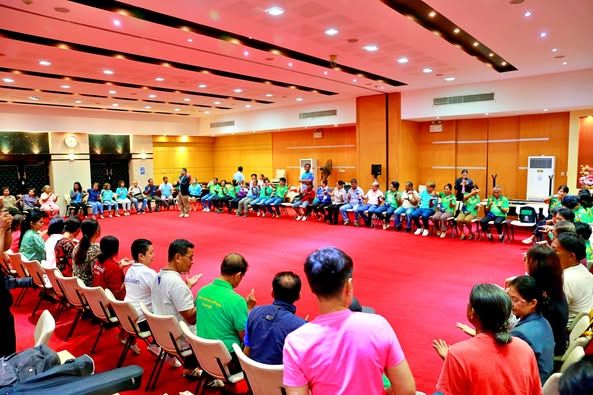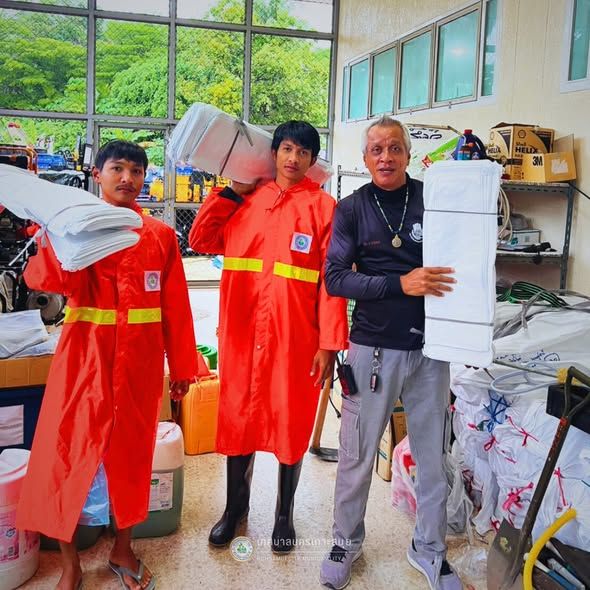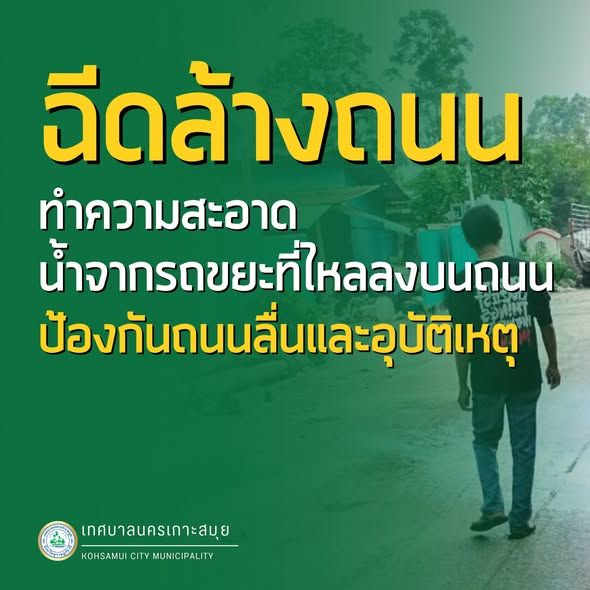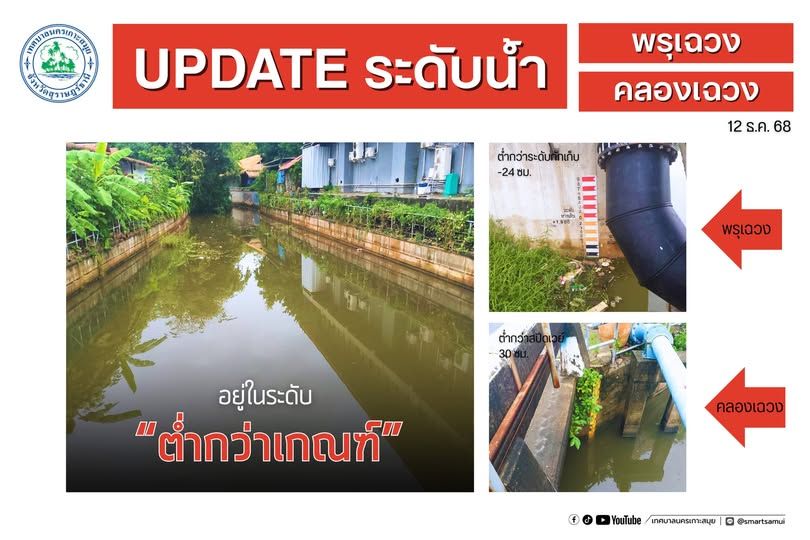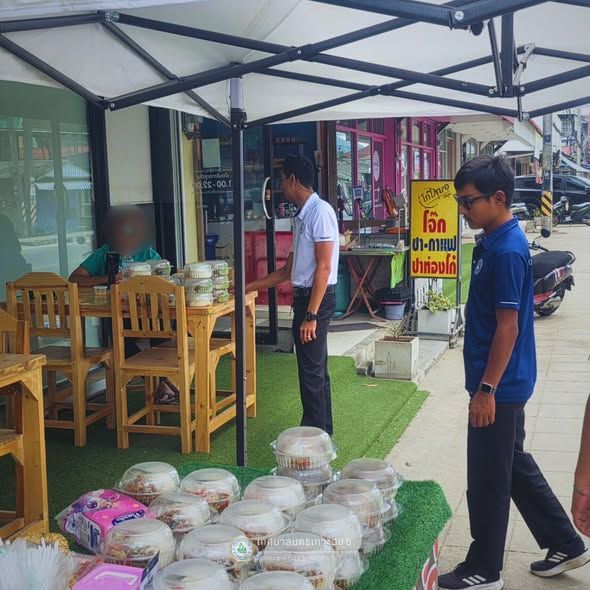Ko Samui communities are embracing sustainable tourism, with local leaders learning about community identity, hospitality, and AI in tourism from Phuket Rajabhat University experts. This initiative empowers them to create unforgettable, sustainable experiences for visitors.
KoSamui #SustainableTourism #CommunityBasedTourism #ThailandTourism #LocalExperiences #TravelThailand #EcoTourism #IslandLife #SamuiAdventures #ResponsibleTravel
Purpose and Objectives
Ko Samui City Municipality organized a specialized workshop under the Community Management Committee Training Project for the fiscal year 2025, focusing on “Sustainable Community-Based Tourism.” The initiative targeted committee members from Ang Thong, Lipa Noi, Taling Ngam, and Na Mueang subdistricts. The primary aim was to enhance knowledge, develop skills, and facilitate the exchange of experiences among community leaders. The event encouraged active participation, teamwork, and the practical application of sufficiency economy principles at both household and community levels, supporting sustainable local development.
Event Details
The workshop was held on August 26–27, 2025, commencing at 9:00 a.m., in the Phet Samui meeting room at the Ko Samui City Municipality Office. The opening ceremony was presided over by the Deputy Mayor, representing the Mayor. The event saw the participation of municipal council members, heads of government departments, municipal staff, and relevant officials. The Social Welfare Division managed the event and ensured a comprehensive program for attendees.
Expert Contributions
A team of guest speakers from Phuket Rajabhat University, including Assistant Professor Dr. Watcharee Hiranphan, Assistant Professor Polawat Sanguannam, Mr. Apisit Konchom, and Mr. Nitipong Thonnam, delivered insightful sessions. Their presentations covered essential topics in sustainable community-based tourism and innovative management practices tailored to local needs. The speakers shared methodologies for applying sufficiency economy principles, building community identity, and leveraging modern tools in tourism management.
Workshop Activities
The workshop featured interactive group activities designed to immerse participants in practical learning and collaborative problem-solving. Key topics included:
– Our Community Identity: Exploring and defining unique aspects of each community to strengthen local branding.
– Good Hosts: The Heart of Community Tourism: Training on hospitality and the importance of local hosts in creating memorable visitor experiences.
– Dream Landmarks: Visioning exercises to identify and develop potential new attractions and tourism products within the communities.
– AI and Tourism: Introduction to artificial intelligence technologies and their applications in enhancing tourism management, marketing, and customer engagement.
Emphasis on Community Participation and Innovation
The project promoted a participatory approach, urging committee members to contribute ideas and experiences. Through teamwork and shared learning, participants explored innovative solutions for community management and tourism development. The emphasis on sustainable and responsible tourism aimed to ensure that local development aligns with environmental, social, and economic well-being.
Visual Documentation
A collection of activity photos from the workshop is available for viewing online, providing visual insights into the sessions, activities, and dynamic participation of attendees.
Link to photos: View More Activity Photos
Frequently Asked Questions
Frequently Asked Questions (FAQ)
What was the main goal of the Workshop on Sustainable Community-Based Tourism in Ko Samui?
The primary aim was to enhance the knowledge and skills of community leaders in Ang Thong, Lipa Noi, Taling Ngam, and Na Mueang subdistricts. The workshop focused on sustainable tourism, community identity, hospitality, and practical applications of sufficiency economy principles to foster local development and unforgettable visitor experiences.
Who participated in the workshop and what activities were included?
Participants included committee members, municipal council members, government department heads, and other local officials. Activities featured interactive group work on community identity, hospitality skills, visioning for new attractions, and an introduction to AI in tourism management – all designed to promote innovation, teamwork, and practical learning.
How did the workshop emphasize innovation and sustainable tourism development?
The event promoted a participatory, team-based approach, encouraging local leaders to share ideas and explore creative solutions. Expert speakers from Phuket Rajabhat University presented strategies for integrating sufficiency economy principles, leveraging modern technologies like AI, and building strong community brands – all aimed at ensuring responsible, sustainable tourism growth in Ko Samui.
